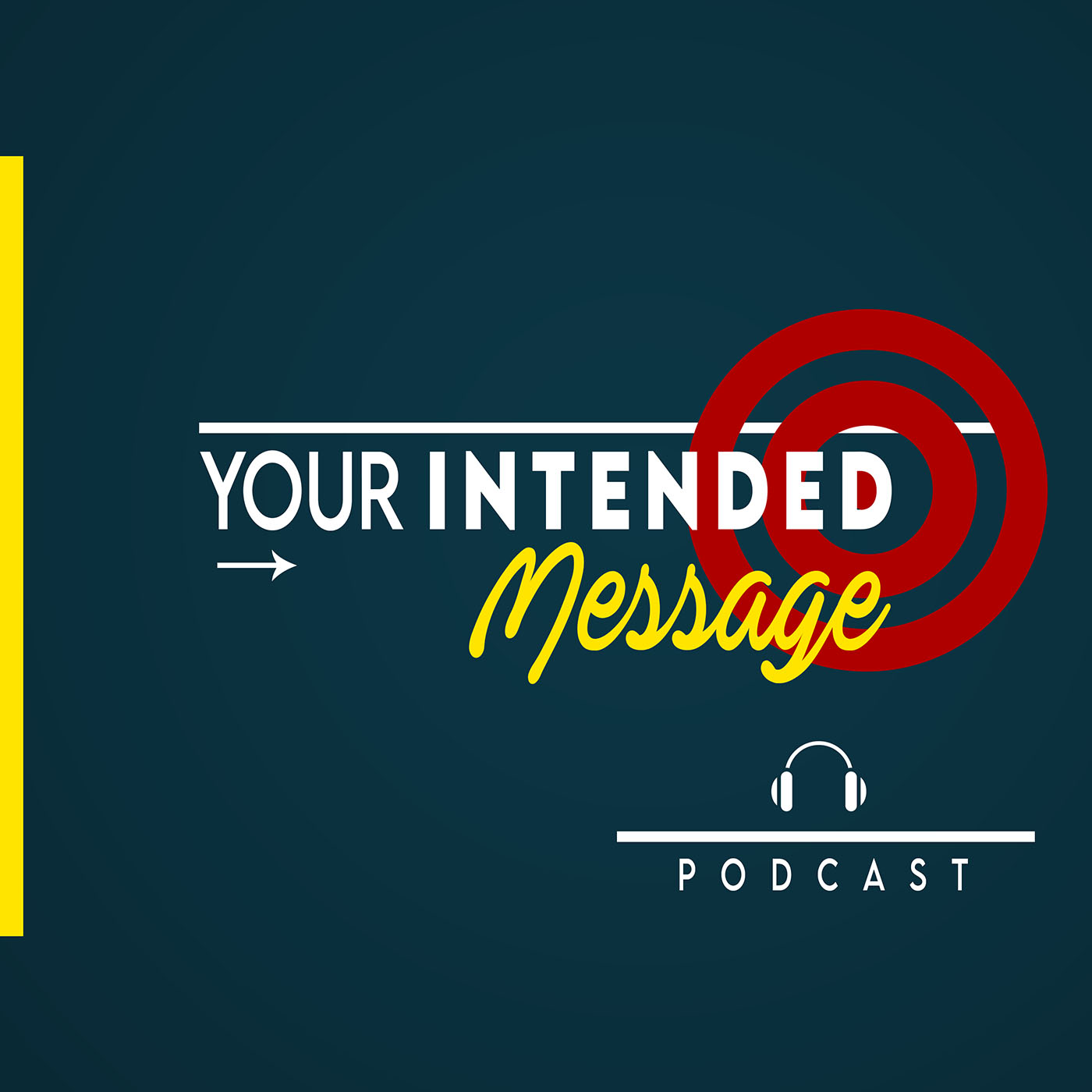
Episode 134 (Liz is based in L.A.)
In this conversation with Liz Danziger we explore:
About Liz Danziger:
Liz is the author of four books published by major publishers including business writing guide, Get to the Point! She is also a columnist on Inc.com
She has decades of experience in helping teams to write clearly and confidently.
Her goal is to empower people to wield the power of words to create success.
To receive her monthly writing tips called Writamins visit www,WorkTalk.com
At the same site you can get your copy of Ten Tips for Communicating Effectively in a Fast-Paced World.
You can arrange a complimentary 30-minute call to explore communication issues in your organization. Select a time on her calendar
-----
Excerpts from this conversation with Liz Danziger:
02:53
Yes, one thing is that they could know their purpose before they start and know their point before they start. My view is that most writing problems happen before a person starts to write. They happen in the thinking phase when people don't think about their purpose.
And that's why I'm so pleased to be on this podcast, your intended message, because that's exactly what the worktop trainings are about is having people be clear on their intentions, and then target their readers.
And so the first thing is to know your purpose and your point. The second thing would be to think about your reader it astonishes me sometimes, how people will just sit down and they're just tap it, tap it tap, but they're writing away.
And then if I stopped them in coaching or in training, and I asked them, so what do you think your readers interested in? And they're like, oh, that's an interesting question. So they need to think about the reader and they need to use clear language.
And the last thing I will say is, people have to reread before they send. It's a common common error that people just tap it tap and send without proofreading. And they live to bear the consequences.
-----
And the way to use email, when you have an emotional message to send is to send the person an email saying, There's something I need to discuss with you, are you available next Tuesday at 1015.
That's how you use email when you have emotions. Because the emotional email will come back to bite you.
-----
And sometimes you can do some short, persuasive emails. I just want to backtrack a little bit and talk about when your topic, your theme, which is your intended message, which I just love.
And there are basically three main purposes that business documents have. And those are to inform, to request and to persuade.
If you look at every email you ever wrote, you will see that in all likelihood, it falls into one of those categories you're telling, you're asking or you're selling. And we need to know which of those we're doing in order to effectively convey our message.
-----
----more----
Your host is George Torok
George is a specialist in executive communication skills. That includes conversation and presentation. He’s fascinated by way we communicate and influence behaviors. He delivers training and coaching programs to help leaders and promising professionals deliver the intended message for greater success.
Connect with George
www.SpeechCoachforExecutives.com
https://www.linkedin.com/in/georgetorokpresentations/
https://www.youtube.com/user/presentationskills
https://www.instagram.com/georgetorok/
For weekly tips to improve your presentations visit

 Right Speaker, Right Audience, Right Time: Martin Perelmuter
Head & Heart: The Formula for Audience Connection
Motivation vs. Information: Wh
Right Speaker, Right Audience, Right Time: Martin Perelmuter
Head & Heart: The Formula for Audience Connection
Motivation vs. Information: Wh
 From Disney to Design Thinking: Creating Fresh Thinking for Big Ideas: Lee Kitchen
Scoping, Empathy, Ideation: A Structured Process for Innovation
Innovation Catal
From Disney to Design Thinking: Creating Fresh Thinking for Big Ideas: Lee Kitchen
Scoping, Empathy, Ideation: A Structured Process for Innovation
Innovation Catal
 Logic vs Emotion in Marketing: Brian Kurtz Breaks it Down
Direct Mail Discipline in the Age of Email Marketing
Over Deliver: Building a Bu
Logic vs Emotion in Marketing: Brian Kurtz Breaks it Down
Direct Mail Discipline in the Age of Email Marketing
Over Deliver: Building a Bu
 Why People Don't Hear What You Meant to Say?
The Static in Your Message
How Unintended Signals Sabotage Communication
Episode
Why People Don't Hear What You Meant to Say?
The Static in Your Message
How Unintended Signals Sabotage Communication
Episode